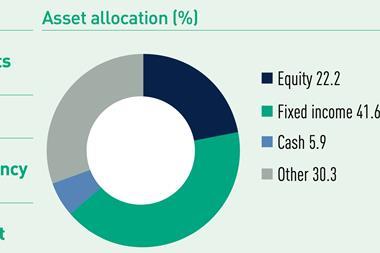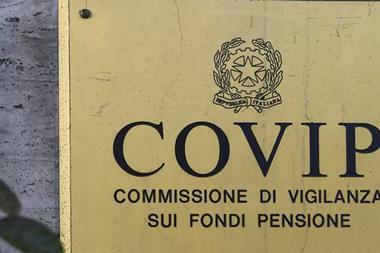The German state of Schleswig-Holstein intends to divert assets in its pension fund (Versorgungsfonds), used to stabilise the level of pension payouts for civil servants, to cover its budget deficit.
The state’s government expects a gap in the budget of around €1bn by 2030, it said, adding that in 2025 the budget will close with a gap of around €580m.
It will pay €73.1m net in the fund in 2023, withdrawing €26.3m in 2024, €331m in 2025, €504m in 2026, €203.8m in 2027, and paying net €70.2m in 2028, according to figures relating to the cabinet’s plan seen by IPE. The state’s parliament will have a say on the proposal.
Since 2018 the state pays every year approximately €80m from the budget into the pension fund.
The assets of the pension fund, which was set up in 2018 to build reserves helping to fend off the impact on the budget of public pension expenditures, are managed by the Bundesbank, and invested based on passive strategies, according to the fund’s latest financial statement.
The scheme invests around 60% of its total assets worth €1bn in bonds with good credit ratings (government bonds, Pfandbriefe/covered bonds), and around 40% in equities.
It invests in equities replicating the Solactive oekom ESG Fossil Free Eurozone 50 index, picking stocks from the Stoxx Europe 600 index, and the Solactive ISS ESG Global Developed Markets ex Eurozone 60 Index, according to the statement.
The majority stake (99.89%) of the fund is in the hands of the state, and 0.11% is owned by the pension fund for the members of parliament (MPs) of the state of Schleswig-Holstein.
Pension payouts are secured in the future, according to the government, but the German Civil Service Federation (DBB Beamtenbund und Tarifunion) said that is “only half of the truth”.
The union believes the government is planning to “dissolve” the pension fund, a measure that does not solve any problems, but rather creates new ones, showing the cabinet’s lack of progress for a serious and sustainable budget policy, it said.
“The cabinet [for the state of Schleswig-Holstein] has agreed that the deficit will be reduced gradually over the next few years. We have defined a clear path, [and] ambitious goals,” said the state’s prime minister Daniel Günther.
Finance minister Monika Heinold noted that especially in periods of crises, there needs to be “planning, reliability and clear words”. She added: “We are using the legal] framework for debt, and the assets saved in good times to cushion the impact [in times of crises].”
Looking for IPE’s latest magazine? Read the digital edition here























